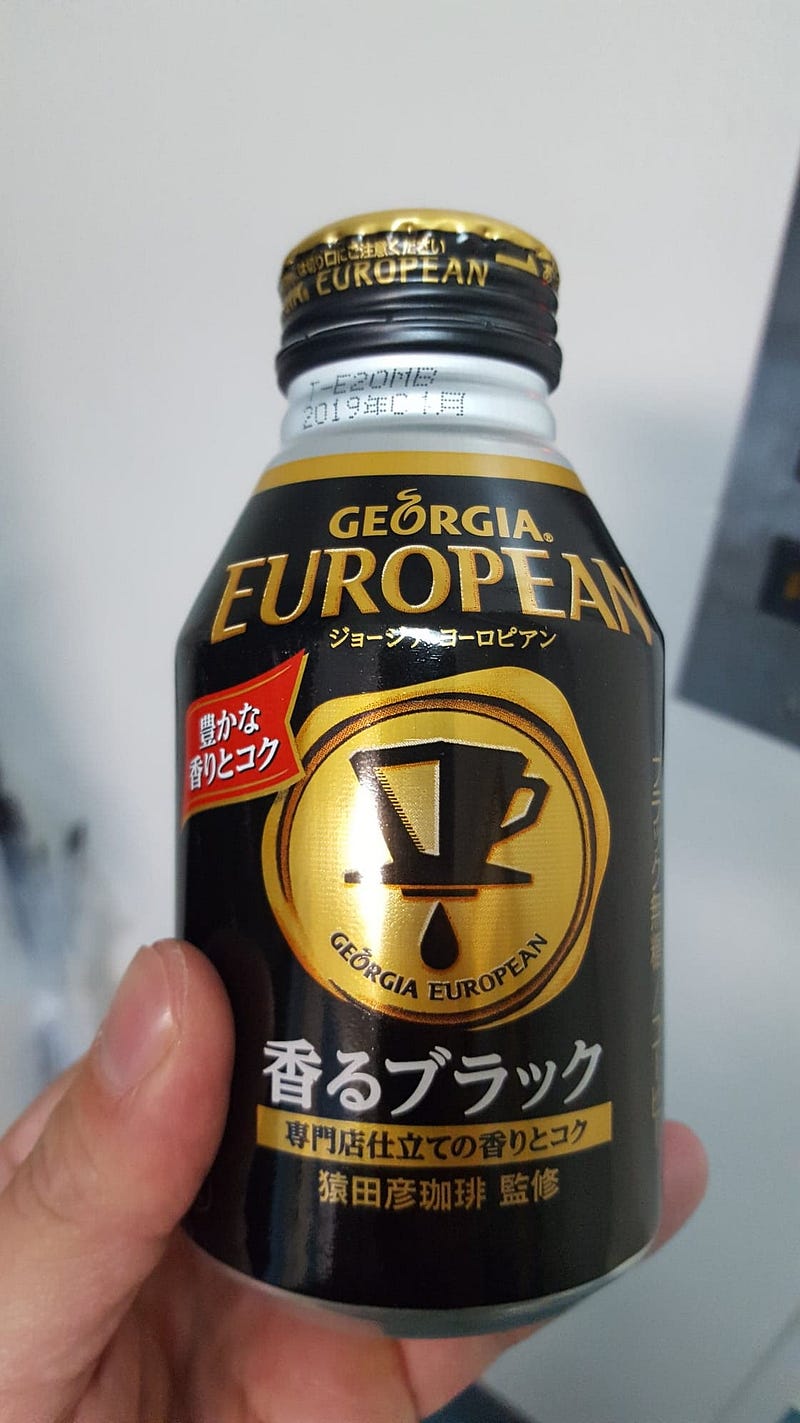When the magic’s there, it’s there.
She wanted to meet at Sassy Ann’s.
She was thirty-eight, I was twenty-two. We met in a linguistics class.
She had a thing for younger guys. Her boyfriend, a grad student from Germany, was twenty-six. I went to her house for Thanksgiving. She had two kids.
It was the weekend before I went to China, August, 2008. I sat in the Sassy Ann’s parking lot waiting for her. The sign flashed in my rearview, Dead Cat on the Line played on a local Knoxville station.
Inside the Olympics were playing on TV. Another writer might work that into his China story, which every expat can tell, to some degree or another. I won’t because it didn’t effect me, and to pretend otherwise would be to do us a disservice. I ordered a beer, watched the Olympics. She showed up. We went to another bar, drank.
We went back to her place.
That was Friday night. Saturday night on the Strip, too many beers. I carried my bottle outside and threw it in the bushes when I saw a cop. I remained calm, and the cop let me go with an ass-chewing. My friends took care of me. I blacked out. The next morning there was puke on the outside of my friend’s SUV.
Sunday I saw another friend. A hangover stagger into an afternoon Nashville flight, a connection from LAX, to Beijing and Wuhan, touchdown on August 26, 2008.
Even today the smell of fresh asphalt returns me to Wuhan, Dawn of the First Day. No one forgets that first day and sometimes on the edge of dreams you wake up there, twenty-two again.
That was China in 2008.
Here’s Japan in 2018:
No one knew anything, a good start.
Deadlines passed, waivers were granted, paperwork filed and meddling occurred, and my wife, daughter and I boarded an AMC flight from Seattle to Yokota Air Force Base.
First we spent the night in the USO. We staked out rocking chairs early, and I divided my time between resting my eyes and working on writing as the place filled up. We landed in Seattle at 1600.
Our AMC flight left at 0715 the next morning.
There were three categories of travelers on AMC flights: Unaccompanied, Accompanied and Space-A, people who have to take what’s available. The plane is built like a commercial flight and more or less operates like one, except you have less space. We had to take stuff out of our bags to get them to fit in the overhead, and as for under the seat? This was the first flight I’d ever been on where the flight attendants gave a shit about your fitting under the seat. We took stuff out of those bags too.
We refueled in Anchorage, where we spent a couple hours in a terminal as empty and quiet as something out of The Langoliers. Then we flew to Yokota.
You get your bags and sign up for an appropriate shuttle, taking you to your base. Others stay behind, to catch a flight to Korea. We got on the shuttle. In 2008, I drowned in Wuhan’s humidity, the van driver rolling through Wuhan like a maniac.
In 2018, the shuttle fit all of us comfortably and I fell asleep on the way to base.
I went up to the Chinatown in Yokohama the other day. Nothing too special, tourists and baozi restaurants, it’s still a step above LA’s Chinatown but you’ll find the fucking China King eatery down the block is a step above LA’s Chinatown. What’s below bottom? World -1?
My wife, daughter and I bought some baozi. After we finished I looked for a place to throw our trash away. We walked down the street, I spun in circles, and I stopped in in front of a man in Manchu-era clothes shouting his restaurant’s specials into a headset.
Are there seriously no fucking trashcans here?
I’ve been in Japan a little over a week, with a full month off the watchfloor. I’m trying not to romanticize things here, but I can’t tell you how much of a relief it is to be free of that place. Working seven days in a row breeds the worst in people, and it only gets better than you’re threatened into sacrificing your few off-days to come in and do non-mandatory training, all in order to make someone else look good.
When I arrived in China, I did a few first-week observations. But coming to Japan isn’t quite the shock that going to China was. A young Sailor on the bus felt differently, away from home for the first time. He tried to Facebook Live the experience, and when that failed, he turned to pictures.
“This is so fucking cool,” he said, snapping a photo of a billboard. “Even their abandoned houses look nice.” He perked up, on the hunt for a speed limit sign. I pointed one out to him.
“Awesome.” He snapped a photo.
What can you say? When the magic’s there, it’s there.
I envy him.
So, some first-week observations for Japan:
– clean. With no trashcans, your choices are either throw it on the ground or pack it up.
– small. The cars are small, the vans are small, even the dumptrucks look like overgrown Tonka toys. ‘Murica, this ain’t.
– vending machines. Everywhere, and they even provide hot coffee:

– Chinese characters. Before coming here, I thought the balance tipped more towards hiragana. Nope.

There’s more to come. Either this is new to you or it isn’t, and maybe Japan has the same sort of jaded expat douchebags as China, or maybe not; the key is to get off base, and integrate yourself with the local culture as much as possible.
In China, it was the expat bubble. Here, the bubble’s much bigger. I’m not exaggerating when I say you don’t have to leave base for anything, and I’m sure there are people who don’t.
But I’m not one of those people. When it comes to the quaint concerns in America, what can I say? I had little interest before, and now that I’m here, that little interest has shrunk to none.
I’m done, I guess you could say. I don’t care about the daily outrage and how offended you must feel on someone’s behalf. I don’t care about your Trump hysteria or your slacktivist causes or any of that stupid shit. Cram your hashtag lynchings right up your ass — I haven’t logged onto Twitter since I got here.
Attitudes shift, times change and life sneaks up on you. I don’t know where I’ll be after this, but for the next few years I’m stationed in Japan, and I’m going to take advantage of everything I can here.
With attention to the mistakes I made in China. 22 vs 33.
Let’s pretend one is wiser than the other.
